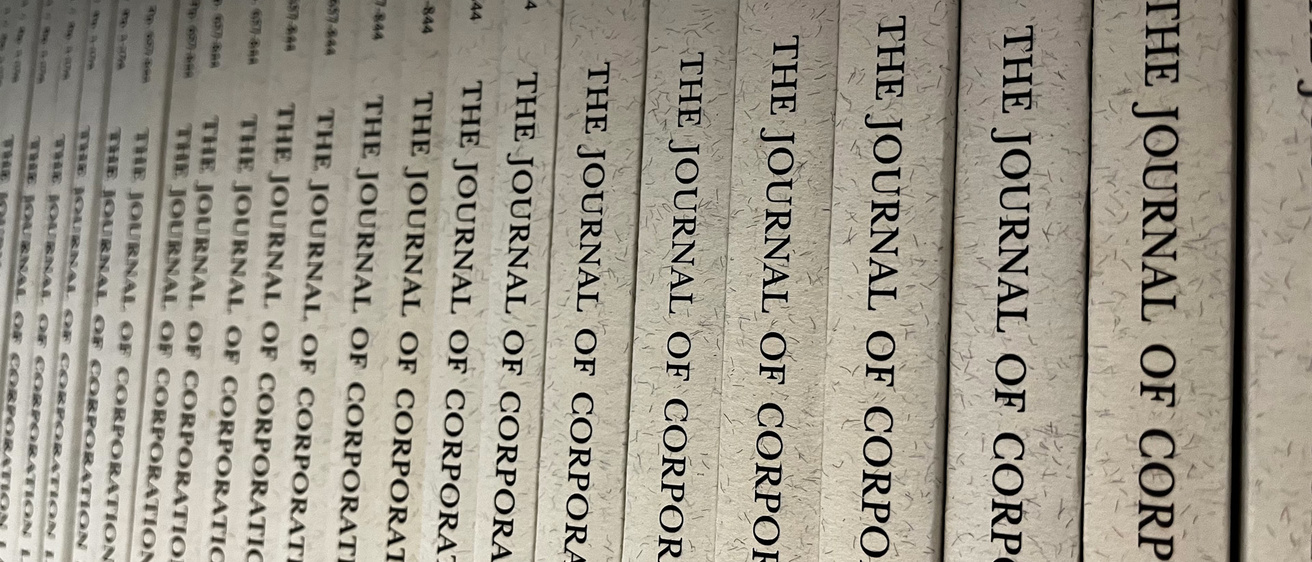Flows, Financing Decisions, and Institutional Ownership of the U.S. Equity Market
This Article analyzes the relationship between flows to institutional investment man-agers, corporate financing decisions, and institutional ownership of U.S. public equity. In so doing, it provides new evidence about the drivers of institutional investor growth in equity ownership over the past two decades. Contrary to conventional narrative, we find that equity capital flows into the “Big Three” investment managers have slowed in recent years, with substantial differences between each institution. We also present a framework to understand how fund characteristics and corporate actions such as stock buybacks and equity issuances combine to shape the evolution of institutional ownership, including that of the Big Three. Our evidence reveals why certain institutions win and lose in the contest for flows and implicates important legal conversations including the impact of stock buy-backs, mergers between investment managers, and the governance risks presented by the rise of index investors.
Trophy Assets
Rich people like to own things that make them look cool. When the thing in question is a car, house, or boat, the implications are limited. But sometimes very rich people own assets that are more important. Within media, Elon Musk acquired Twitter, Jeff Bezos ac-quired the Washington Post, and Patrick Soon-Shiong acquired the Los Angeles Times. There has also been a craze for aerospace: Musk with Space X, Bezos with Blue Origin, Richard Branson with Virgin Galactic, and going back further, Howard Hughes with Hughes Aircraft Company. It is often difficult to understand the behavior in purely finan-cial terms, as an optimal strategy for maximizing the net worth of the owner. Instead, there seems to be a healthy heaping of ego mixed in: the importance and prestige of the assets are meant to enhance the importance and prestige of the owner. These trophy assets are less sensitive than ordinary companies to market discipline but more sensitive to reputa-tional considerations, changing the behavior of key sectors of the economy.
But despite the importance of the phenomenon, it has not been subjected to sustained analysis in the corporate governance literature. This Article addresses the gap. It begins by showing that trophy assets stretch ordinary corporate governance intuitions to their breaking point. The extreme phenomenon of trophy ownership can challenge and enrich active arguments about the purpose of the corporation, the role of corporate governance in constraining corporate actors, and the impact of ownership structures. The nonfinancial motivations at work reduce the importance of shareholder profits, sometimes allowing tro-phy firms to pursue valuable social goals. But they can also free trophy firms to engage in bizarre or destructive conduct if their owners only care about their social standing within unusual groups, perhaps suggesting the dangers of broadening corporate purpose without deep reforms to corporate structure. The Article analyzes a range of examples, including cases from industries including sports, real estate, and media. It then offers a framework for evaluating trophy ownership and identifies policy levers that can be used to capture some of the benefits while reducing some of the costs.
